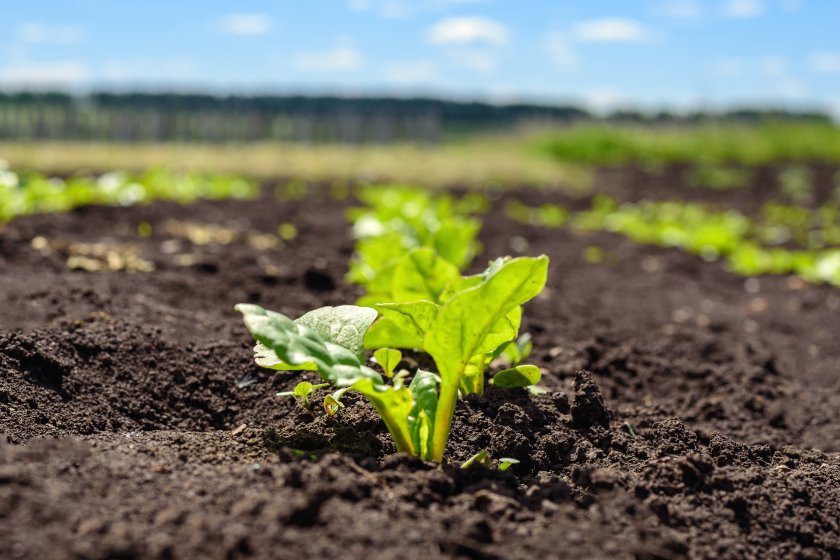
The need for 'urgent' research and development of sustainable crop protection methods for sugar beet has been raised following Defra's recent neonic rejection.
Last month, the government turned down an emergency application made by NFU Sugar and British Sugar for the neonicotinoid Cruiser SB.
Environment Minister Emma Hardy said this was taken as there was 'clear and abundant' evidence the pesticide was extremely toxic to pollinators such as bees.
The government, she added, was committed to protecting pollinators while supporting farmers in finding new ways to safeguard crops.
She said: “We recognise the threat that virus yellows can pose to sugar beet growers, and we will support industry to develop alternatives to neonicotinoids on sugar beet that are effective at high levels of yellows virus infection.”
Researchers are currently investigating more sustainable control methods, but barriers - such as the time required for development, testing and regulatory approval - mean no direct replacement for Cruiser SB is currently available.
Dr Joe Roberts, reader in integrated pest management (IPM) at Harper Adams University, warned that Defra's decision would leave farmers in a difficult position due to the lack of alternative control options.
He explained that it was now 'urgent' for researchers, industry and the government to develop and implement new tools that could be incorporated into IPM strategies.
“Reduced productivity and higher costs could make sugar beet farming less competitive, potentially leading some to abandon the crop altogether.
"In that scenario, the UK’s domestic sugar supply could be at risk," Dr Roberts warned.
In 2020, 25% of the national sugar beet crop was lost to virus yellows, costing £67m of total economic loss across an industry that creates nearly 10,000 jobs.
The virus is transmitted by aphids, and it is believed around 70% of the most common aphid, peach potato aphids, carry it.
Defra is promoting IPM practices under the post-Brexit Sustainable Farming Incentive (SFI) to help to reduce aphids and cut the industry's reliance on chemical pesticides.
Dr Roberts explained that IPM offered a "sustainable approach, combining careful pest monitoring, selective pesticide use, biological controls such as natural predators and crop rotation to reduce aphid populations".
"Precision-bred sugar beet varieties resistant to virus yellows are another long-term solution," he noted.
"But these developments will require focused research and cooperation across government, industry and academia to transition from lab to field.”
Dr Roberts also emphasised that pollinator protection was a vital part of ensuring long-term agricultural resilience in the UK.
“We must remember that pollinators play a key role in maintaining the health of our crops and surrounding ecosystems,” he said, adding that safeguarding them was 'crucial for UK agriculture'.
